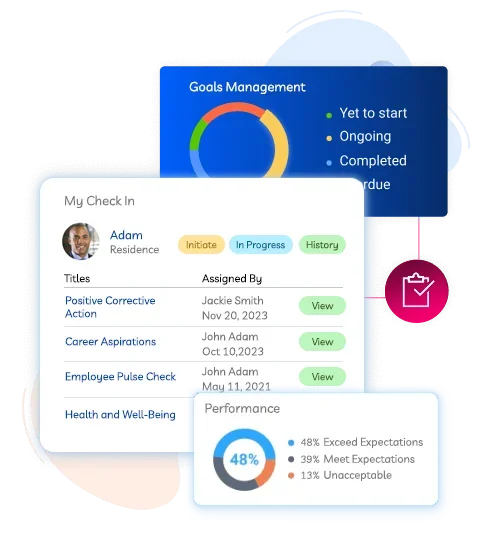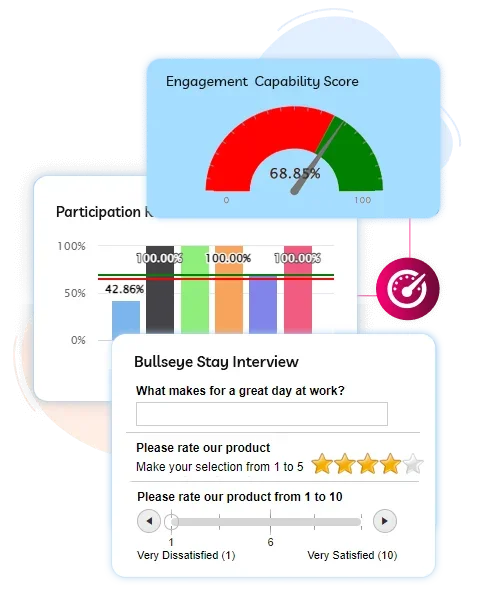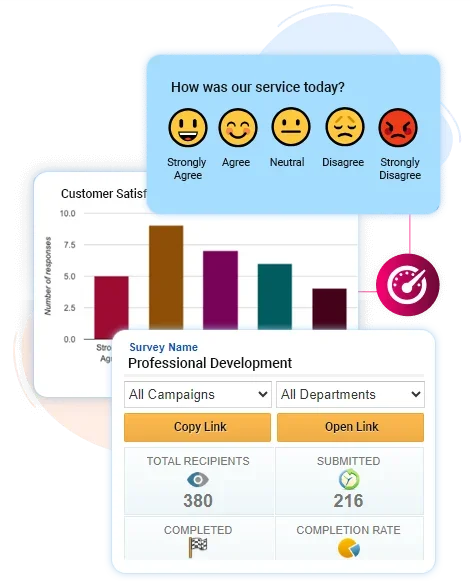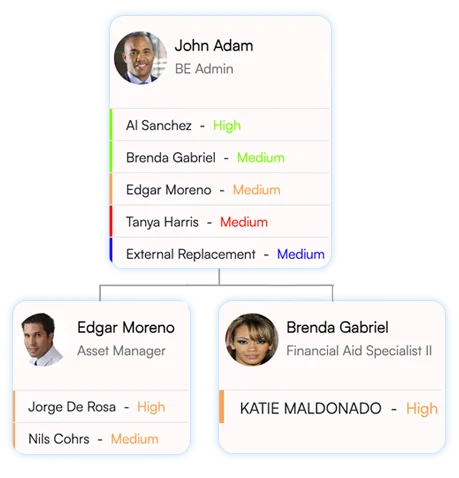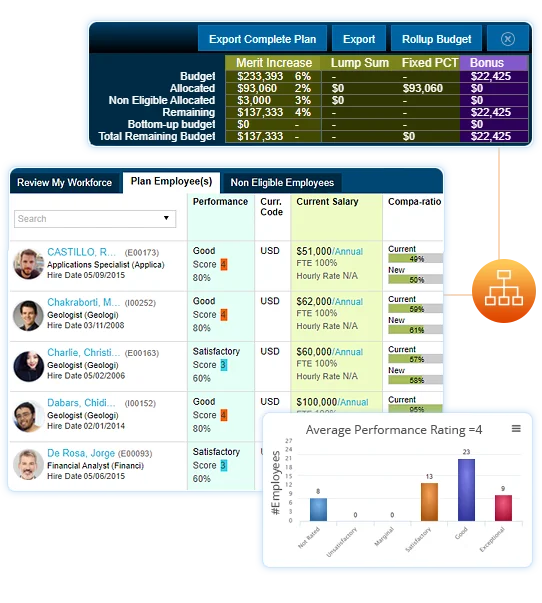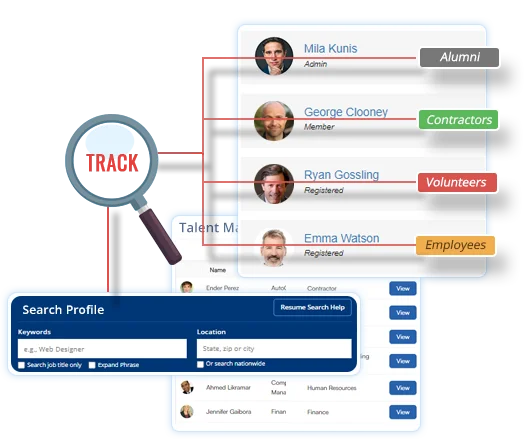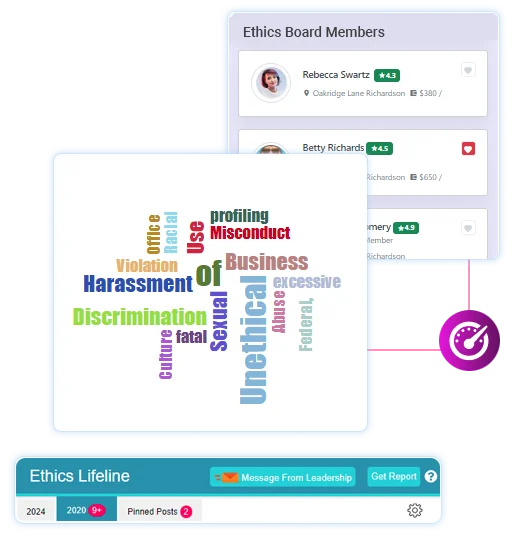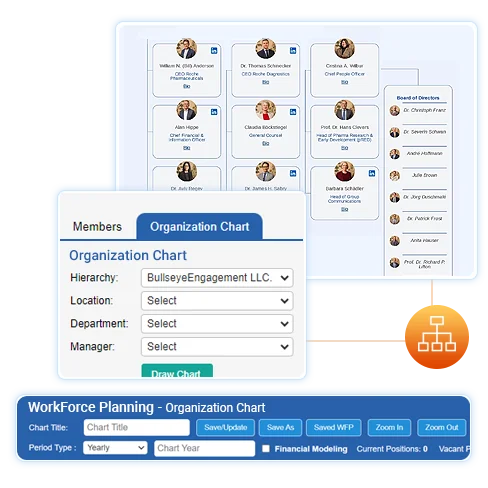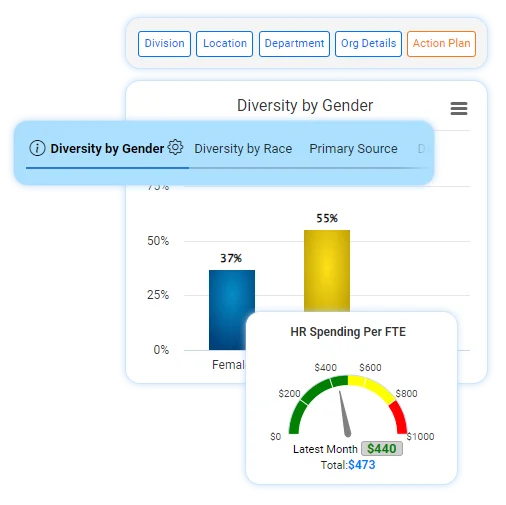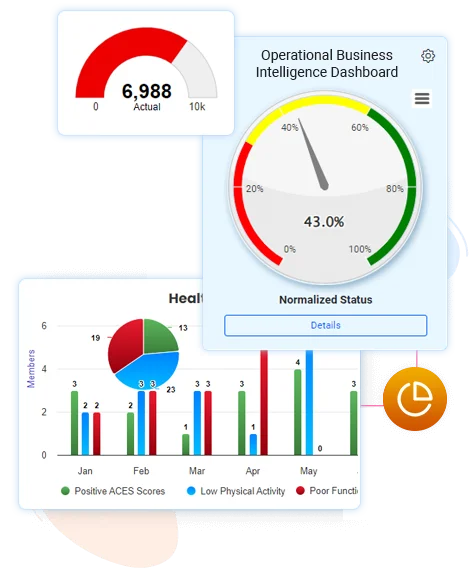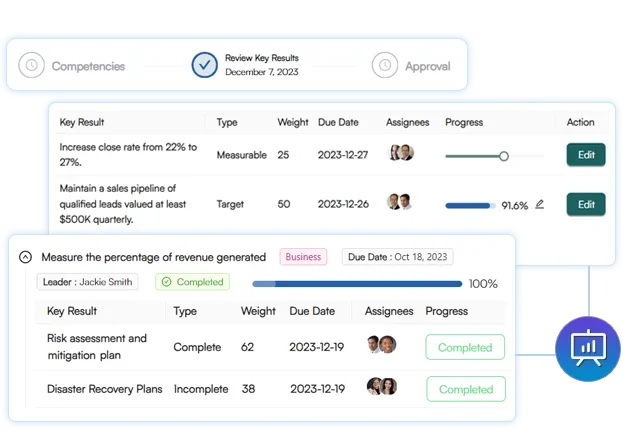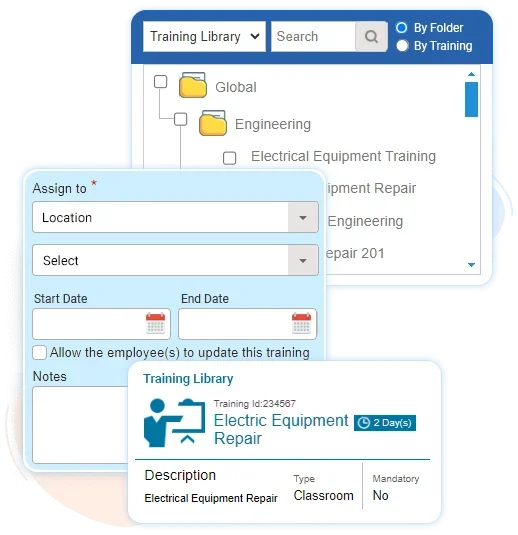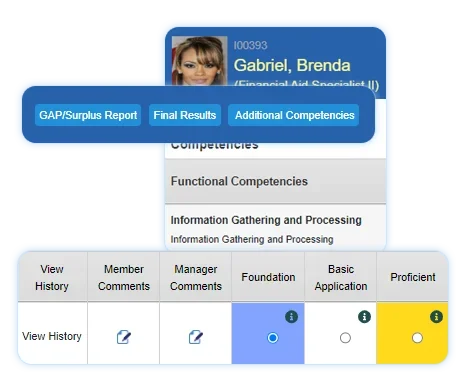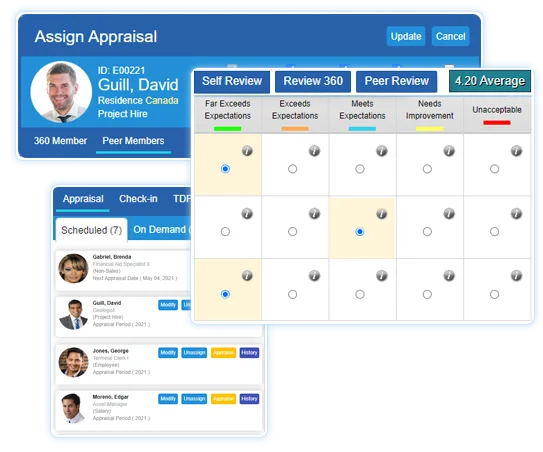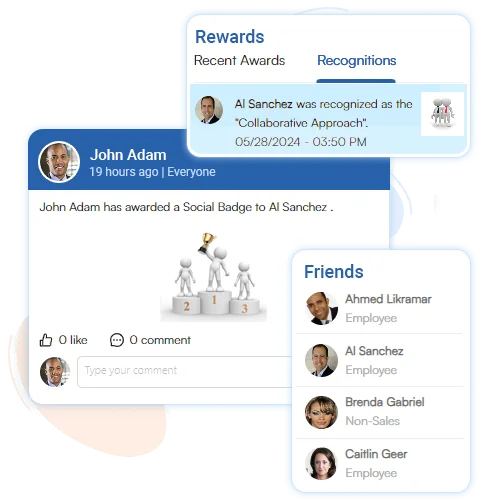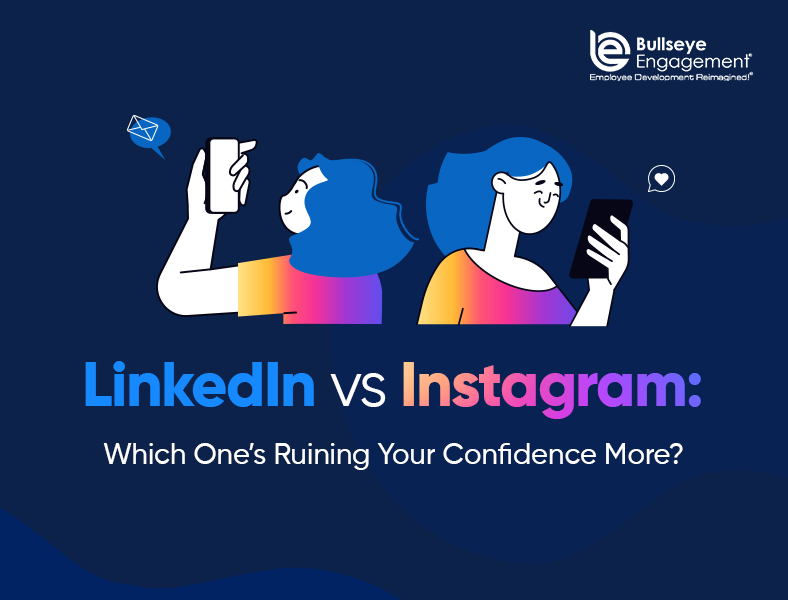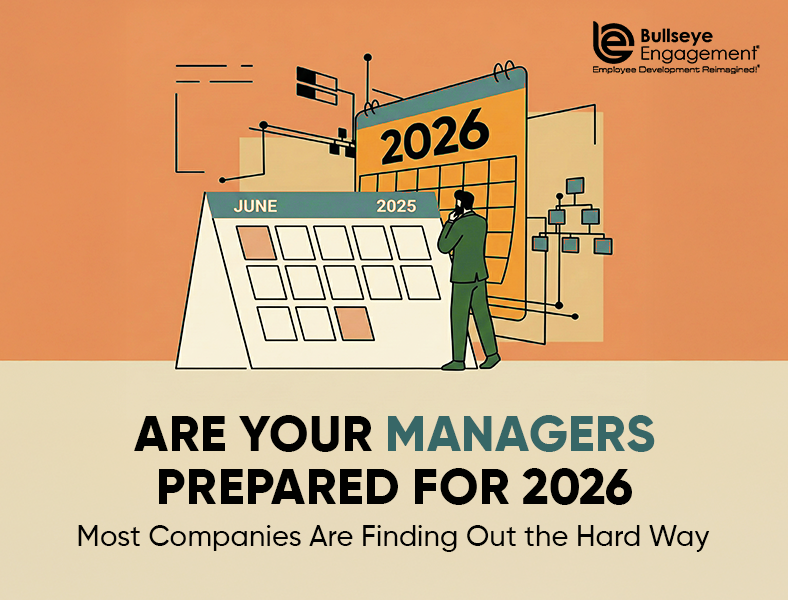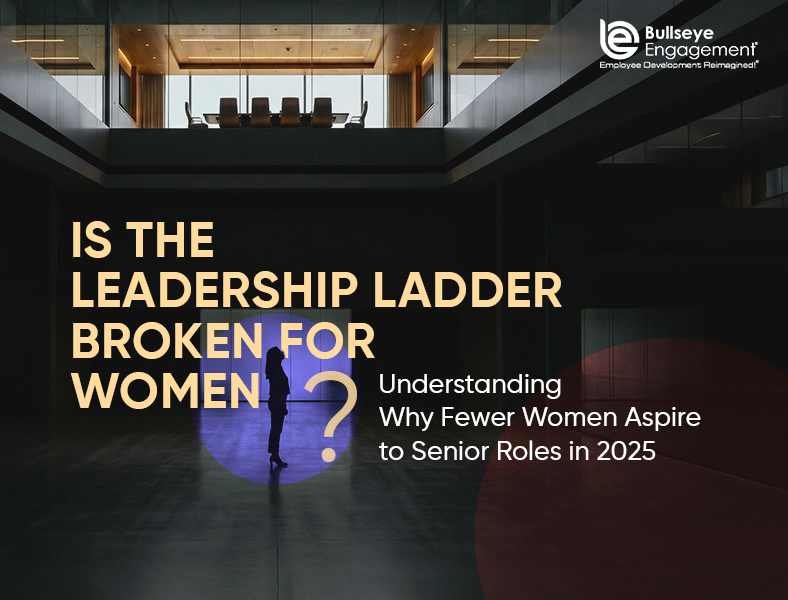We’ve all been there—you’re just trying to pass time on your phone, but a quick scroll turns into a confidence-crushing spiral. On LinkedIn, it’s “humbled to announce” posts from people who seem to be winning at life. On Instagram, it’s sun-kissed vacations, flawless selfies, and “casual” brunches that look straight out of a magazine.
So, which one is actually worse for your confidence—LinkedIn or Instagram? Let’s break down how both platforms mess with your self-esteem in different ways, and more importantly, what you can do about it.
1. LinkedIn: The ‘Everyone’s More Successful Than Me’ Trap
LinkedIn can sometimes feel like walking into a room full of people bragging about their promotions, certifications, and “honored to announce” moments. While it’s great to celebrate achievements, it can also make you feel like your own career is going nowhere fast.
Why It Feels Bad:
– It’s a highlight reel of career wins, not the struggles or the rejections.
– Seeing people with similar backgrounds doing “better” can spark a lot of self-doubt.
How to Deal:
– Remind yourself it’s curated: Just like Instagram, people only share the good stuff on LinkedIn.
– Engage authentically: Comment or react to posts you genuinely like instead of hate-scrolling.
– Limit your scroll: Spending 10–15 minutes max per day can help you avoid comparison burnout.
2. Instagram: The ‘Everyone’s Happier Than Me’ Illusion
On Instagram, it’s less about promotions and more about the lifestyle—perfect vacations, glowing skin, and #relationshipgoals. Even the “real” posts often feel a bit too polished to be real.
Why It Feels Bad:
– It creates an endless comparison loop about looks, happiness, and social life.
– Seeing people constantly traveling or hanging out can trigger FOMO (fear of missing out).
How to Deal:
– Mute without guilt: It’s okay to mute friends or influencers who make you feel bad.
– Follow real people: Seek out accounts that show honest struggles, not just the highlights.
– Take breaks: A 24-hour detox can do wonders for your mood and perspective.
3. LinkedIn’s Humble-Brags: Is It Really Humble If You Announce It?
“Humbled to announce” has practically become LinkedIn’s catchphrase. It’s a nicer way of saying, “Look how amazing I am!” While there’s nothing wrong with celebrating wins, the constant stream of success stories can make your own progress feel small.
Why It Feels Bad:
– Constant exposure to other people’s achievements can trigger imposter syndrome.
– It makes it easy to forget that everyone struggles sometimes.
How to Deal:
– Unfollow strategically: It’s okay to unfollow or mute people who make you feel less-than.
– Focus on your journey: Set career goals that matter to you, not just what looks impressive.
– Share your wins too: Even small achievements deserve to be celebrated.
4. Instagram’s Highlight Reel: Why Your Everyday Life Feels Boring
We all know Instagram is basically a highlight reel, but it doesn’t stop us from feeling bad when our everyday lives don’t match up. Filters, perfect lighting, and carefully staged photos can make it seem like everyone else’s life is straight out of a movie.
Why It Feels Bad:
– Seeing only the good stuff makes your real-life struggles seem bigger.
– It’s easy to forget that nobody’s life actually looks like that 24/7.
How to Deal:
– Curate your feed: Follow body-positive and reality-check accounts that keep it real.
– Post what makes you happy: Forget the likes—share moments that you actually care about.
– Remind yourself: Instagram is 10% real life and 90% lighting and angles.
5. LinkedIn’s Thought Leadership Overload
LinkedIn’s version of influencers are the “thought leaders” who dish out endless advice on productivity, leadership, and how to crush your career goals. But sometimes, it feels more like they’re flexing than actually helping.
Why It Feels Bad:
– Advice that feels forced can make you question if you’re doing enough.
– There’s a lot of pressure to sound smart and “inspirational” all the time.
How to Deal:
– Unfollow the noise: Not every “5 tips to be a better leader” post is worth your time.
– Engage with value: Comment on posts that actually help you instead of mindlessly liking everything.
– Be real: Share your own career lessons—the good, the bad, and the awkward.
6. Instagram’s ‘Inspo’ Overload
Between workout challenges, aesthetic desk setups, and “Rise and grind” captions, Instagram can feel like a never-ending pep talk. But sometimes, the constant motivation can feel exhausting instead of inspiring.
Why It Feels Bad:
– It can create unrealistic expectations about productivity, fitness, and life in general.
– The pressure to always be “on” can make downtime feel like a waste.
How to Deal:
– Follow for the feels: Seek out accounts that balance the good with the messy and real.
– Pause before you post: Ask yourself if you’re sharing because you want to or because you feel like you should.
– Log off regularly: Taking a break from all the “inspo” can help you reset.
So, Which One’s Worse for Your Confidence?
Honestly, it depends. If you’re more career-focused, LinkedIn’s parade of promotions might hit harder. If lifestyle envy is your kryptonite, Instagram probably does more damage.
The Bottom Line:
Both platforms can mess with your confidence if you’re not careful. The trick is to use them with intention—follow accounts that inspire instead of intimidate, take breaks when you need them, and remember that everyone’s highlight reel is just that—a highlight, not the whole story.
